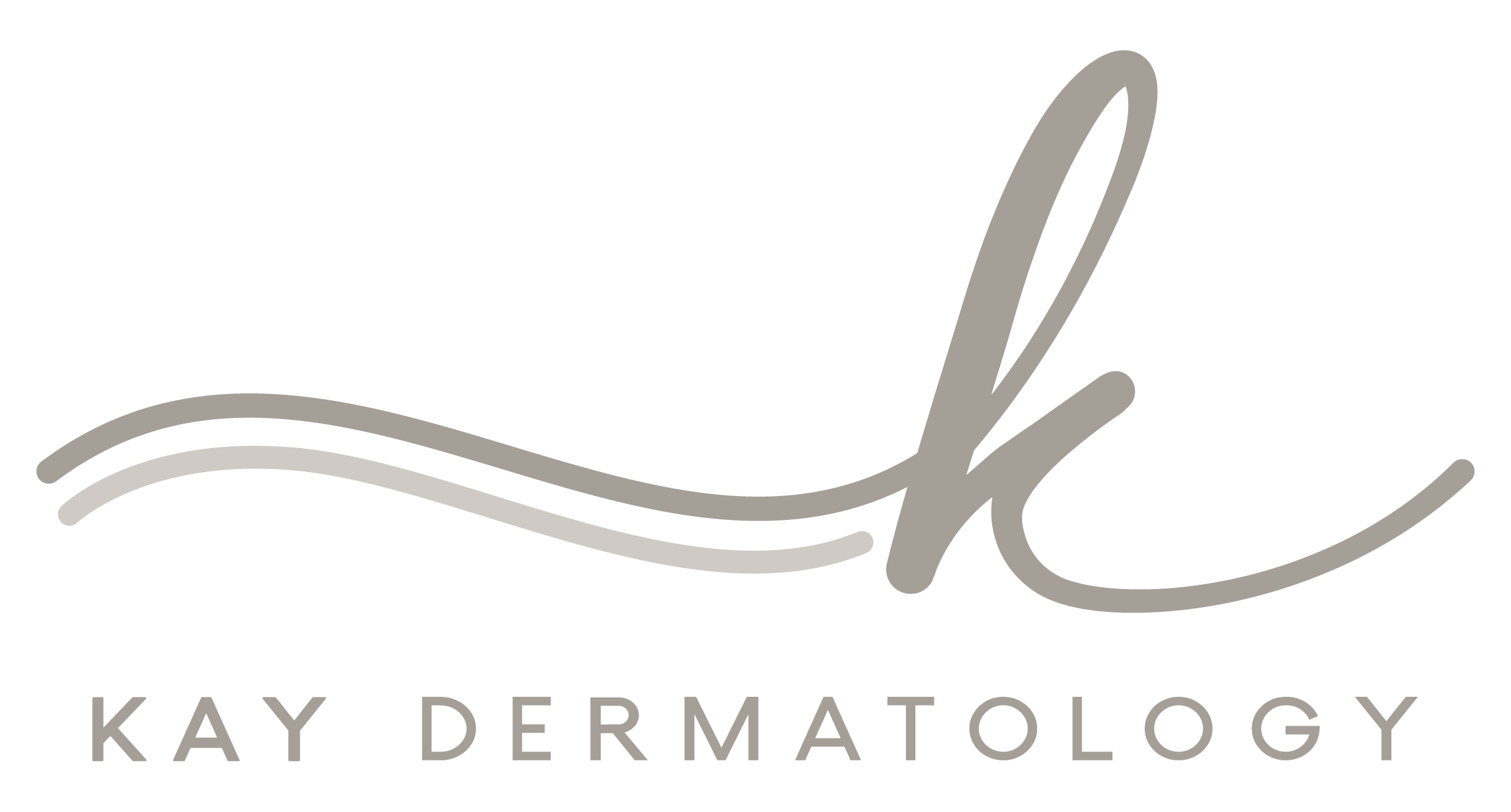Acne IN Burbank, CA
What is it?
The pores of our skin contain oil glands that supply moisture to our skin and hair. Sometimes pores become clogged by excess oil, skin cells or bacteria. This results in a skin condition known as acne. Acne shows up as various types of bumps on the skin. The pores might take the form of a whitehead which is closed pore that is bulging outward, a blackhead which is an open pore with a dark surface, or a pimple which is an inflammation due to dead skin and bacteria forming in the opening. It has been indicated that 70- 80% of individuals experience acne at some time in their lives. Modern medicine has now given us the means to control it.
There are four types of acne and each type can be mild, moderate or severe. We will classify your acne by type and severity before a treatment plan is initiated as our treatments differ for each type of acne.

types of acne
Blackheads/ Whiteheads (Comedone Acne)
Papular Acne
Pustular Acne
This form of acne is known for its presence of pustules or comedones and pimples. They look very similar to the papular acne only with a white head.
Nodulocystic Acne
FAQ'S
What are the causes?
What are acne treatments?
Acne is traditionally treated using medications and/or procedures that target the excessively active oil glands involved, excessive reproductive hormone stimulation of these oil glands, the bacterium that lives on this extra oil on our face, chest or back during teen years and the tendency for the oil glands to get clogged. Pills, creams, gels, washes and masks are often used. Microdermabrasion, red/blue light treatments and light chemical peels also are very effective to control acne. Acne can be effectively treated using advanced light technology, oral prescriptions and topical medications, as well as medical-grade chemical peels and slushes.
How can it be prevented?
- Hygiene – Although acne cannot be completely prevented, good hygiene can help control breakouts. We recommend that you wash your face at least twice a day and soon after any exercise to remove excess oil formation. If you have oily hair, shampoo regularly since hair oils can also cause acne. In addition, avoid touching your face with your hands and keep your hair away from your face when sleeping.
- Diet – Researching findings from small studies suggest that following a low-glycemic diet which includes most fresh vegetables, some fresh fruits, beans, and steel-cut oats reduces inflammation and acne because this diet eliminates spikes in your blood sugar. When your blood sugar spikes, it causes inflammation throughout your body. These spikes also cause your body to make more sebum, an oily substance in your skin.
- Sunscreen – Avoiding prolonged sun exposure is key in controlling acne and other skin conditions. Be sure to wear a protective sunscreen at all times when exposed to the sun.
- Relieving Stress – It is important to exercise regularly and manage your stress level to help maintain hormonal balance. Rest is also an important factor in reducing your stress level.

